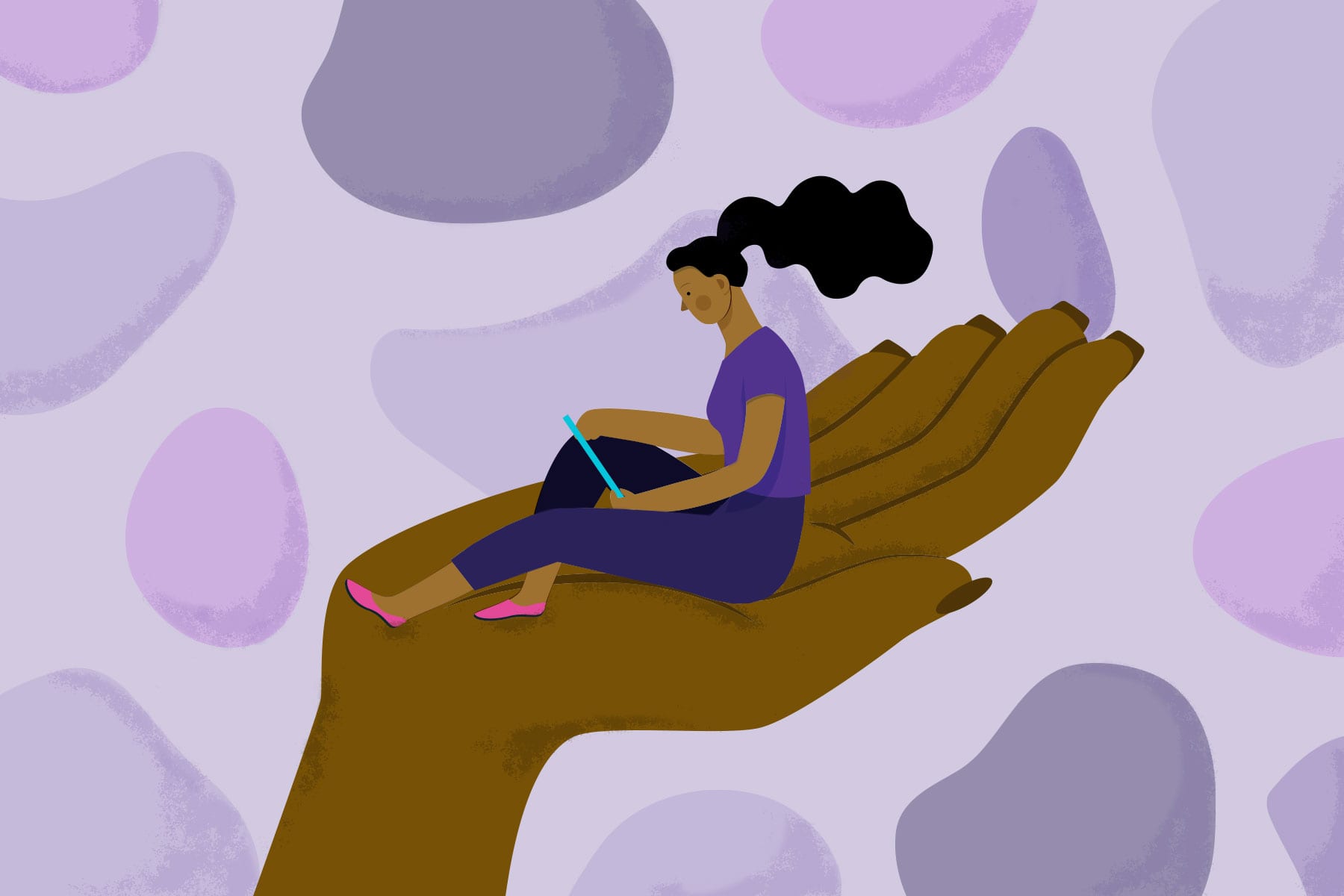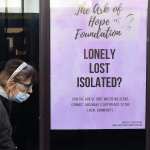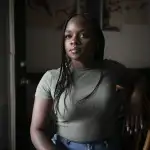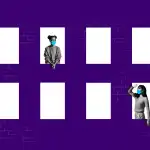Studies have shown that the psychological impacts of living through a pandemic have been grave, and Black women have been among the hardest hit by severe mental health challenges. They are also less likely to receive treatment for them. But also, particularly during the COVID-19 pandemic, Black mental health advocates have stepped up to offer wellness resources outside of traditional treatments.
The rise of these types of services come at a time when Black women may need more care. Black women make up 11 percent of the frontline workforce, including 28 percent of the paid care workforce (despite only comprising 6.3 percent of the national workforce), and many were unable to stay home during the peak of COVID-19. These women are also facing significant job insecurity as a result of the pandemic, amid an ever-increasing wage and race wealth gap where Black women have the second-highest unemployment rate of any group.
According to a Pew Research Center survey from February, 36 percent of women ages 18 to 29 reported experiencing high psychological distress during the pandemic, compared to only 27 percent of men in the same age bracket. Black women are particularly vulnerable: A survey from Kaiser Family Foundation found that 23 percent of Black women reported that major stress in the pandemic had affected their mental health. Twenty-three percent of Latinas reported the same, but that number dropped for Asian (17 percent) and White women (21 percent).
And of course, access to care remains a problem. Even before the pandemic, only 10.3 percent of Black women reported using mental health services, according to a 2017 report by the American Psychiatric Association. That rate was half of what White women reported — 21.5 percent.
“When we’re talking about mental health treatment and Black women, the narrative is actually about how we’re left to fall through the cracks,” said Kelly Davis, the vice president of Global Birth Equity & Innovation at the National Birth Equity Collaborative.
Lack of trust in the medical industry, a lack of concordance between provider and patient, and cost barriers are among some of the structural barriers that Black women have faced when it comes to accessing mental health support, Davis said.
However, now more than ever, there are virtual resources available to help them get help.
Anjua Maximo is a life coach who primarily serves Black women. She also teaches sensual movement classes, which help connect women to their “sacred sexual energy” through dance — which has been proven to improve mental health by reducing stress and the symptoms of anxiety and depression — is one of the online offerings that has been made available to more Black women during the pandemic.
According to Maximo, this trend of poor mental health among Black women is emblematic of a larger conversation around race, gender and trauma.
“I don’t think it’s news that BIPOC women and femmes have felt unseen, unloved, unprotected, or expected to be the strongest in the room,” she said. “And this kind of work, I’m hoping, will start to, in generations to come, allow people to feel like their vulnerability is a strength.”
Although she’s been using social media to bolster her brand since 2016, Maximo began promoting more of her wellness services online at the start of the pandemic. She hopes that her work will help her audience — which now totals nearly 20,000 followers on Instagram and TikTok combined — heal and grow.
For people like Kennietha Jones, 48, who lost her father and her job and fought breast cancer all toward the beginning of the pandemic, Maximo’s movement classes helped replace the traditional therapy she lost access to once her health benefits disappeared.
She said she would recommend online services like Maximo’s to other Black women who may also find comfort in being able to work through trauma from the comfort of their own home.
“You’re in the safe space of your own home. You have the ability to say ‘stop,’ versus being in a studio where there are other people,” Jones said. “So for women who have experienced trauma, I would say that is the perfect way to start.”
Since 2018, the author and race-informed UX designer Jacquelyn Ogorchukwu has used her Instagram account to share infographics that help her audience connect race, mental wellness and healing. In October of last year, she launched Making the Body a Home, a health and wellness platform that provides audiences with resources to unlearn and heal from racist conditioning. These offerings include virtual courses around colorism and texturism or internalized racism.
“I get sentimental each time I receive a message or comment on social media from someone saying they feel seen, heard, and held,” she said. “I get sentimental each time I receive a review on Making the Body a Home from someone saying they feel like they are returning to their true selves. These are the stories that keep me going. Healing, love, joy, abundance, remembrance — these are part of our story too. I want to see us reclaim all of that and more in this lifetime.”
The Exhale app, popular Black woman-run Instagram accounts like The Nap Ministry and wellness platforms like Black Girl in Om are all indicative of this upward trend in online resources for Black women and their mental health.
And the need is great. The disparities highlighted by the pandemic only add more pressure onto the mental health obstacles that Black women already face, Davis said, and create another intense need for personal mental health resources like wellness apps or virtual therapy.
“We were educating children from home, we were either more likely to be essential workers — having to go out and travel and go to work in perilous conditions — or, more than likely, laid off,” Davis said. “So all of these create stressors on stressors on stressors on stressors,” she continued.
And, according to experts and practitioners, when Black women are intentional about healing themselves, they’re also able to confront generational mental health issues that began way before the pandemic.
“It makes sense descendants of folks that have been enslaved [are] dealing with some of the traumas from our parents, grandparents and even further back,” Davis said.
It is this cycle that Maximo says needs to be broken in order to create larger shifts around mental health in the Black community.
“If people were just thrust out into the world out of certain circumstances that were so harsh and completely demoralizing and are to somehow exist without any kind of support and help — how else does that manifest except for what we’re seeing now?” she said.
Davis said spaces specifically curated for Black women can help. And making sure those spaces can bring joy will only strengthen their impact.
“I think anti-racism is an antidote to trauma, I think structural reforms are an antidote to trauma. But certainly joy is the Black woman’s number one coping mechanism,” Davis said.





